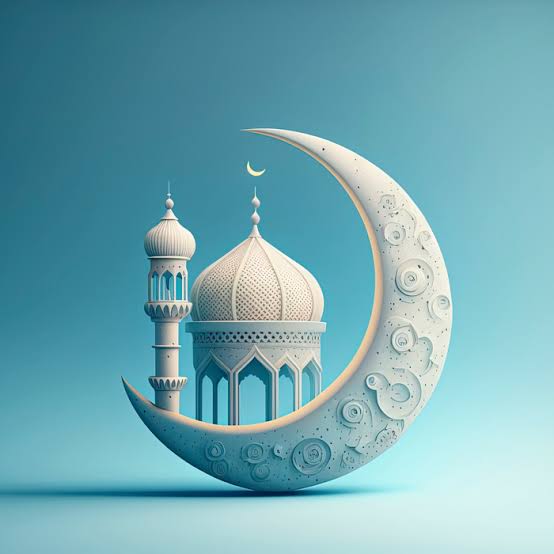Article of Faith
The Spiritual Significance of the Last Friday of Ramadan -By Abdullahi Adda’u Turawa
Throughout Ramadan, Muslims engage in increased acts of worship, including recitation of the Quran, additional prayers (Taraweeh), charitable giving (Zakat), and seeking forgiveness for their sins. However, as the month progresses and the days pass by swiftly, the last Friday emerges as a pivotal moment for believers to intensify their devotion and seek Allah’s favor.

The last Friday of the holy month of Ramadan holds a special place in the hearts of Muslims worldwide. As the month draws to a close, believers eagerly anticipate this sacred day, seeking to maximize their spiritual efforts and attain Allah’s blessings, mercy, and grace before the month’s end.
Ramadan, the ninth month of the Islamic lunar calendar, is a period of fasting, prayer, reflection, and self-discipline for Muslims. It commemorates the revelation of the Quran to Prophet Muhammad (peace be upon him) and is observed by abstaining from food, drink, and other worldly pleasures from dawn until sunset.
Throughout Ramadan, Muslims engage in increased acts of worship, including recitation of the Quran, additional prayers (Taraweeh), charitable giving (Zakat), and seeking forgiveness for their sins. However, as the month progresses and the days pass by swiftly, the last Friday emerges as a pivotal moment for believers to intensify their devotion and seek Allah’s favor.
On this blessed day, Muslims gather in mosques or community centers to perform the congregational Jumu’ah prayer, a weekly ritual that holds immense spiritual significance. The Friday sermon (Khutbah) delivered by the Imam serves as a source of guidance, inspiration, and moral upliftment, reminding worshippers of their duties towards Allah and humanity.
The last Friday of Ramadan symbolizes a culmination of the spiritual journey undertaken throughout the month. It is a time for believers to reflect on their progress, to seek forgiveness for their shortcomings, and to renew their commitment to righteousness and piety.
The atmosphere in mosques becomes charged with a sense of anticipation and supplication as worshippers fervently pray for Allah’s acceptance of their deeds and His mercy in the days ahead.
As the fast-paced rhythm of Ramadan reaches its climax, the last Friday serves as a poignant reminder of the transient nature of life and the importance of making the most of every moment. Muslims seize this opportunity to engage in acts of worship, charity, and kindness, striving to earn Allah’s pleasure and blessings.
The last Friday of Ramadan holds additional significance as it precedes Laylat al-Qadr, the Night of Power, believed to occur within the last ten nights of Ramadan. Laylat al-Qadr is described in the Quran as “better than a thousand months” (Quran 97:3), signifying its unparalleled spiritual significance.
Therefore, the last Friday serves as a precursor to this auspicious night, prompting believers to redouble their efforts in seeking Allah’s forgiveness and mercy.
The last Friday of Ramadan is a day of profound spiritual significance for Muslims, representing the culmination of their efforts and devotion throughout the holy month. It is a time for reflection, repentance, and renewal of one’s faith, as believers seek Allah’s blessings, mercy, and grace to accompany them in the days ahead. As the sun sets on Ramadan, may Allah accept our fasting, prayers, and supplications, and grant us the strength to continue our journey of faith with steadfastness and sincerity. Ameen.
Abdullahi Adda’u Turawa, wrote from Zaria, Nigeria

















